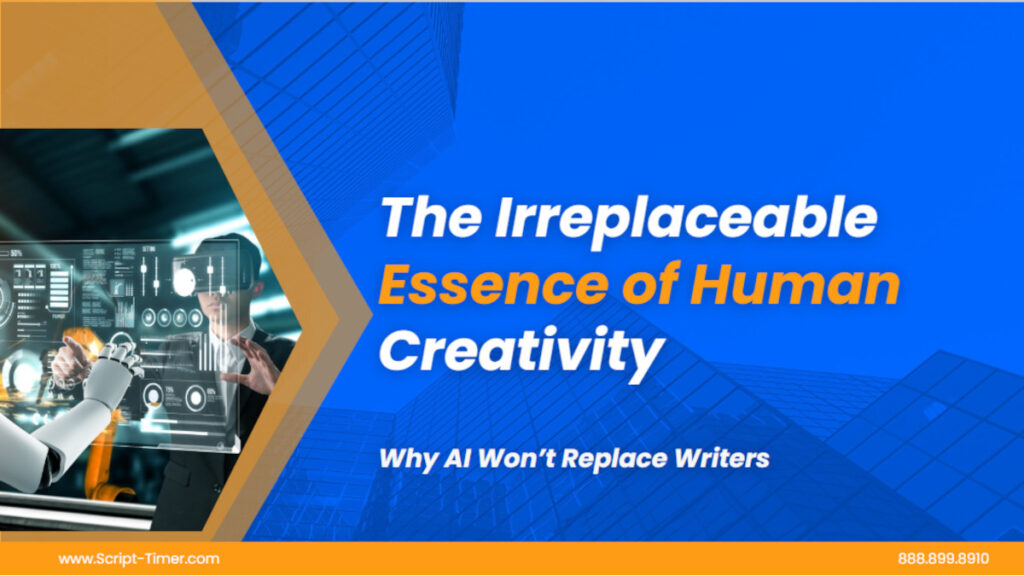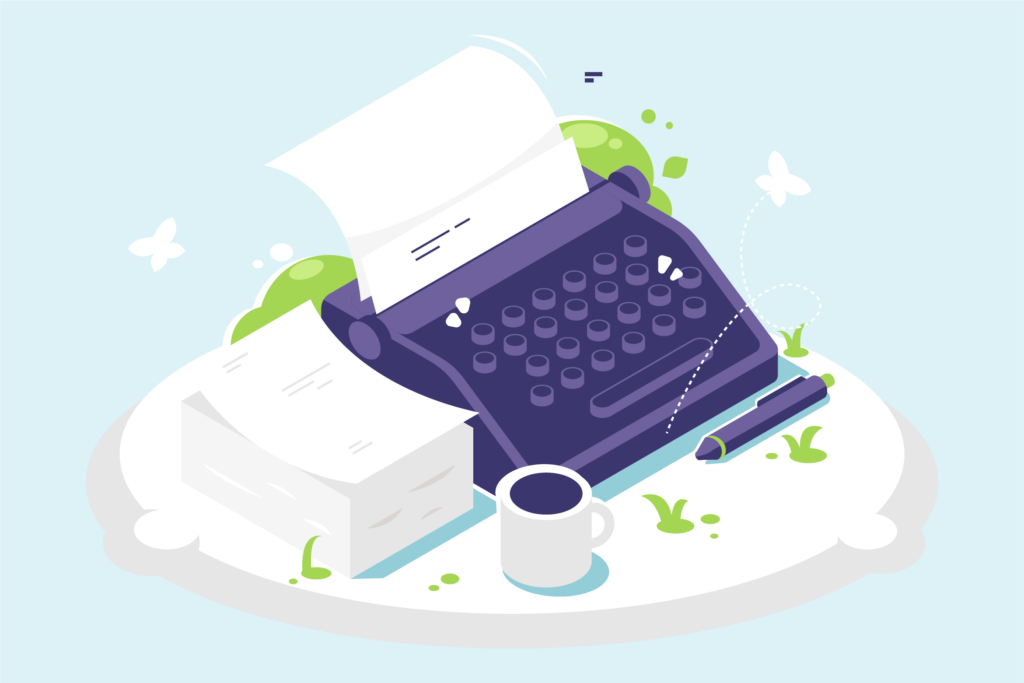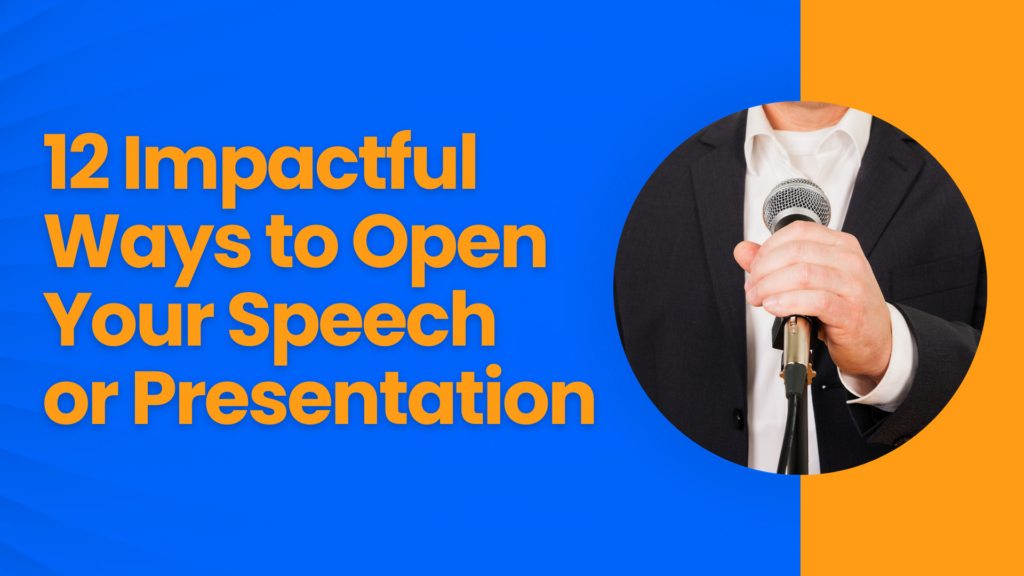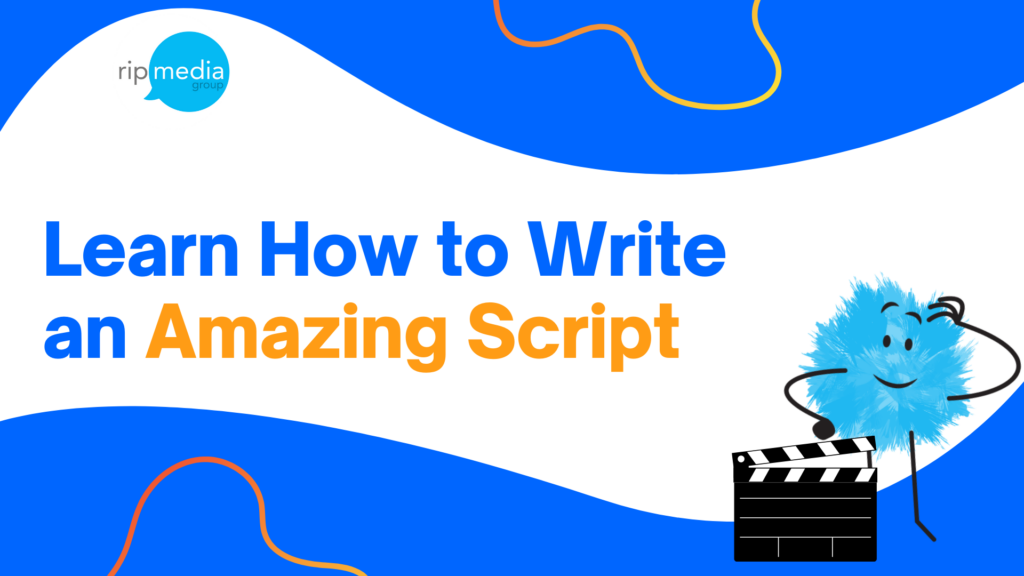In this modern age of fast technological advancement, many people wonder and worry about Artificial Intelligence replacing humans and taking their jobs, and while is undeniable that AI has made a huge advancement in different fields, the realm of writing will remain strongly grounded in us humans
Artificial intelligence has been found to evoke waves of thrilling expectations and grave concerns within numerous industrial domains—including writing and the art of storytelling. Although it has impacted the way most of the professions do their work, such as automation improving levels of productivity, its scope in doing work that human writers do raises a lot of debate and clouds of uncertainty. This blog succinctly runs through the reason why AI will not replace writers in the future and how that essential nuance of human creativity cannot be overtaken. Let’s take a look at the reasons why AI won’t replace writers.
The nuances of creativity:
Creativity is a deeply human quality based on imagination and intuition, driven by emotional intelligence. On the one hand, AI algorithms can balance data processing and generation of output appropriately after mastering the respective, some examples of this are word counter, script calculator or words to time tools. However, on the other hand, they don’t have complicated insight into human emotions, experience, and cultural background, so essential for genuine creative storytelling. Human authors bring their particular perception and depth of insight that generate their stories to be real and empathetic in a way AI cannot create.
The Irreplaceable Human Touch:
Writing is a form of art, it is a creative process that requires empathy, the understanding of human feelings, and also the capacity to evoke emotions to the readers, this is something that AI can’t do despite its huge avancements, and probably will never do since it can’t understand humans feeling like we do.
Embracing the Unpredictable:
One of the main signs of human creativity is that which is by nature unpredictable and spontaneous. Human writers are used to taking from various sources of their own person, observations or feelings, so that they can deliver something the readers wouldn’t anticipate. In other words, AI algorithms can only analyze big data to outline some trends but cannot generate true and original ideas breaking some norms in the art of storytelling. Human writers relish in the sense of discovery and adventure, understanding that it is the unknown they are dealing with and responding accordingly.
The Power of Imagination:
Imagination is one fuel which enhances creativity. Writers, driven by AI, can imagine even more than a limit of the real worlds, characters, and plots. AI makes a change out of some substituting of data to make automatic text generation and tries to produce a new form of writing, but AI is not capable of imagination to innovate a new idea or conceptualization from scratch. Human writers may imagine and dream, and their imaginations let them think “out of the box,” free to unfold an open scope that AI will never reach in their invented world. Writing is one of the most visible forms of culture, history, and society as it carries values, beliefs, and longings which are characteristic to people. Human writers put all their firsthand experiences into stories that will make it textured and layered at a different level, and devoid of that stimulation or experience, AI stories are lifeless and dull. True, AI might be able to analyze data and reveal some kind of pattern, but it is beyond algorithms to have the cultural and emotional intelligence enough to tell a socially relevant story.
The Human Connection:
But above all, storytelling seems to be one of the most human common grounds that bind, empathize with, and understand communities and cultures of other people. However, it has to be considered that writers as human beings with great minds and hearts inspire millions of people across the world to touch the hearts of many others. While AI can support or facilitate some work for the writer, it would never be able to replace the human element at the core of storytelling.
The Evolution of Partnership:
Instead of fearing AI replacing us, we should see AI as an ally. Artificial Intelligence can handle different repetitive tasks for us, so it’s a great tool for saving us time, effort and headaches, so we should see it as it is, a super useful tool that is here to help us and make our work easier and more effective.
In conclusion, there’s no doubt that AI technology is growing very fast, but human creativity is something behind comparison. There is unique imagination, intuition, and emotional intelligence within the stories written by humans. The artificial invention can be said to significantly enhance human ability to be creative, but at the same time, it has no capacity to actually substitute for being creative—it is simply an invention of human intelligence, and this is not applicable in any sense because it has no way of replacing human imagination as it is a source of being able to create stories. The ideal plan for modern writing should be to implement the new AI platforms made for writing assistance, staying constant in a shifting world of technology and innovation. We remain grounded in the power of human creativity, simultaneously encouraging and elevating the art of storytelling in its myriad and wondrous forms. Find out how you can partner up with Ai trying our Artificial Intelligence tools.





